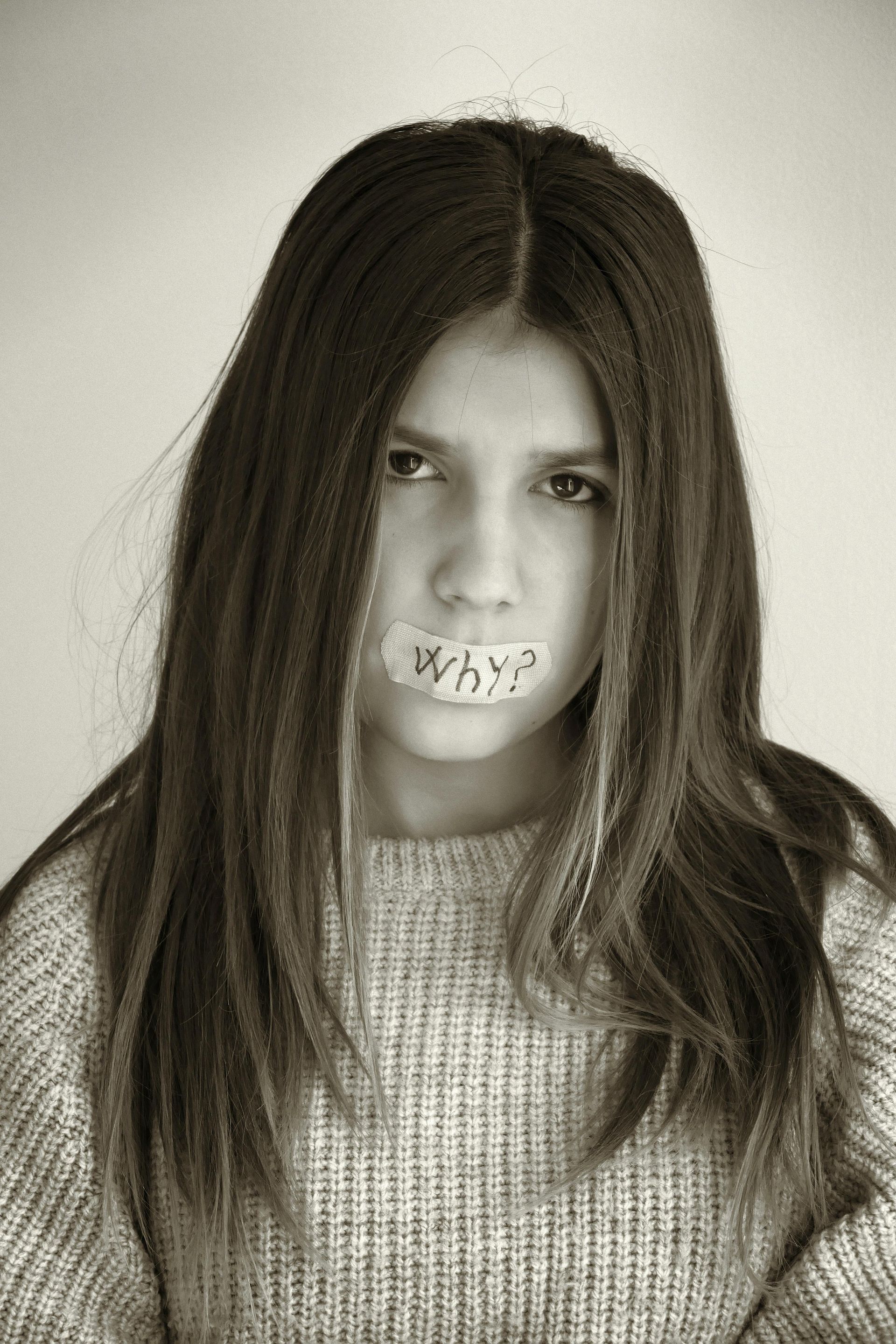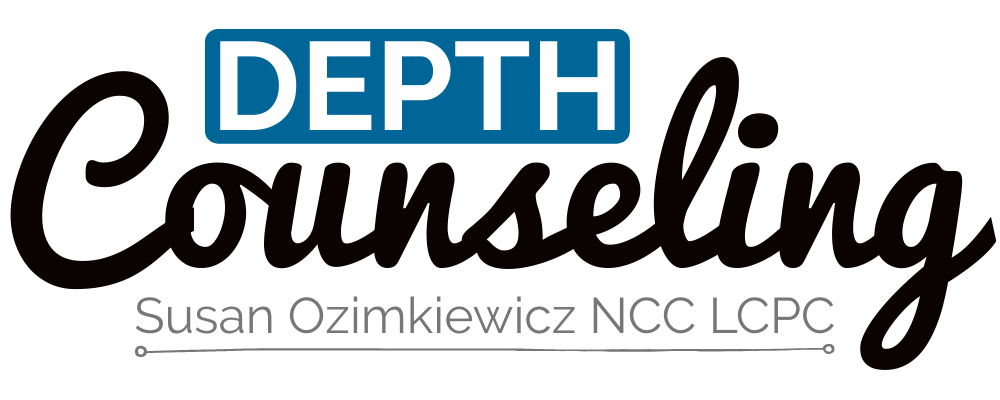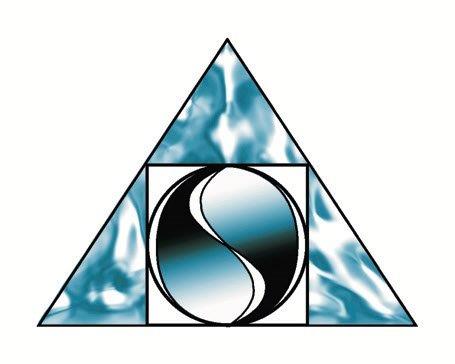Have You Heard or Answered Your Calling in Life?
"Do not seek for things to happen the way you want them to; rather, wish that what happens happen the way it happens: then you will be happy." —
Enchiridion of Epictetus Ch. VIII:

Any time you see or think about this article it will remind you that this is the first day of the rest of your life. As you may be pondering your own personal calling, purpose, mission, or life task, you may be wondering what shall I do next? I have many clients who have told me that they feel lost, stuck, stagnant, and are at a standstill. They don't know what they are supposed to do. I hear those laments as that they want to know what their calling in life is. They want to find that which is worthwhile, with a sense of purpose and meaning, along with their own unique niche that is meant just for them.
Daimon
You may not be aware that your individual process is moving even if you don't see or feel it. As time passes, you look back and see that there is some kind of guiding force or intelligence that is subtly operating in your life. Some people have told me that they listen to their guides or have a guardian angel or angels who motivate them. Carl G. Jung in his biography, in Memories, Dreams and Reflections said he was “in the grip of the daimon” compelling him to do and develop his life's work.
Daimon is a Greek word meaning that there is an invisible power instilling and inspiring one's personal abilities. It is an inner force or spiritual power. It has been a guiding presence since the time of birth. According to Jungian analyst, J.A. Sanford, Plato described the daimon as something that is connected to your soul and Socrates felt that his daimon inspired his ideas. The Romans referred to this directing power as your inner genius. Since ancient times, the notion has existed that there is a guiding force or spirit helper within people. Many native American, African, and Aboriginal, indigenous tribal cultures talk of their ancestors as an inner guiding source that might offer assistance in developing their purpose, destiny and fate.
Fate
“We cannot live only for ourselves. A thousand fibers connect us with our fellow men; and among those fibers, as sympathetic threads, our actions run as causes, and they come back to us as effects.” ― Herman Melville
Now a day's people generally do not seem to notice or mention their destiny or fate or even realize that they might have one. There is a difference between destiny and fate. Destiny is something that can be a life pattern that is emerging or unfolding. It is aided by choosing to travel toward a particular goal or conversely, deciding not to fulfill it. Perhaps, as a child, you knew what you were going to do when you grew up such as becoming an engineer, a teacher, an artist, and so on. Fate is associated with your vocation, fortune, and lot in life or the events that happen to you. It is unavoidable, inescapable, and bound to happen. It is inevitable, like everyone is going to die.
In Latin, love of fate or love of one's fate was called Amor fati. It was a necessary fact of life that at some point there would be an acceptance and surrender to life's situations, whether they were judged to be good or bad. The French called it a fait accompli. It was a thing that happened in the past. If it was a done deal, a past event, it was to be accepted, embraced, and integrated into your life's destiny.
Destiny
"It is not in the stars to hold our destiny but in ourselves." ─ Shakespeare
When I ask a client to take a guess as to what their purpose might be they always have an answer. Sometimes an individual is afraid to acknowledge it because it seems too overwhelming. The person does know, own, or identify with their ability and calling. There have been distractions that have taken them off their path. Sometimes, somehow, they have been sidelined or waylaid on their journey by the unimportant and the nonessential. Jung said, "When an inner situation is not made conscious, it appears outside as fate." I work with my clients about what is going on inside of themselves in their internal world to find out about their personal pressures, urges, impulses and what is working and pushing them into a new momentum. The purpose of this is to gain self-understanding. Alfred Adler was an Austrian medical doctor, psychotherapist, and founder of the school of Individual Psychology stated, "Every individual acts and suffers in accordance with his peculiar teleology (goal, my word).”
An example of answering a call is Dag Hammarskjöld who was the Deputy Foreign Minister of Sweden. He experienced inner pressure and a restless disturbance for a period of time. He went through extensive medical and psychological testing, and nothing was found. Then one night he realized something was "calling" him to which he replied, "Yes! Yes! Whatever it is, I say, yes!" Following his acceptance of whatever it was, his internal symptoms stopped, and he went on to become the Secretary General to the United Nations.
When you discover and align yourself with what you know is your particular talent or interest then you can get right with yourself and be in right order within the world. There are questions you can ask of yourself to gain more insight. Pay attention as you observe your reactions and responses to the following questions.
- What was I most interested in as a child?
- As an adult, is what I do now, has it sprung forth from my childhood interests?
- What have I done with my creative impulse, urges, and ideas?
- In what ways do I desire to create but have avoided it?
- Are you aware of your inner guide or voice, angel, genius, or daimon?
"The ultimate end of human acts is eudaimonia, happiness in the sense of living well, which all men desire; all acts are but different means chosen to arrive at it." ─ Hannah Arendt







